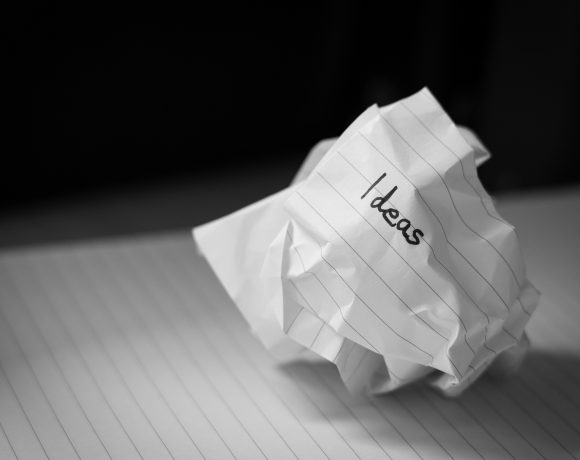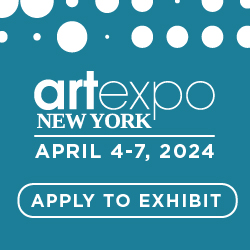You must have heard dozens of times that hardships and mental health disorders produce the most amazing creative work. Following this logic, artists suffering from depression would all be considered creative geniuses. However, creativity isn’t inextricably tied to a major depressive disorder by default. On the other hand, there is an undeniable connection between depression and creativity that has been present throughout history. Notable painters, film directors, and many other artists used their creative outlets as a means of coping with depression.
WHY ARE ARTISTS ESPECIALLY SUSCEPTIBLE TO DEPRESSION?
These specific characteristics explain why artists may struggle with depression:
- Enhanced intuition – Artists possess the next level of intuition that helps them bring out deep feelings on canvas or screen. This, however, comes with increased sensitivity that can make daily life challenging for them. Living in a superficial, materialism-driven world can be difficult for an artist.
- Open mind – To understand the world on a broad spectrum, artists must be the ones with an open mind.
- Melancholic temperament – The biggest percentage of artists with depression belongs to the melancholic type. They simply observe the world, absorb it, and express it through their art. Melancholy and increased sensitivity is tied to depressive disorder.
A combination of these traits outlines the link between a depressive state and creativity potential. In general, working in the arts is specific in so many ways. It asks the artist to be vulnerable, unique, and push the boundaries.

Daniel Reche for Pexels
LONELINESS IS ANOTHER LINK BETWEEN DEPRESSION AND CREATIVITY
Most great artists prefer to work by themselves, without external distractions. When alone, they can think, contemplate, experiment, express emotions, etc. Artists can be misunderstood precisely due to their creative streak. They often feel misunderstood by others who aren’t familiar with creative processes. Artists can have a hard time co-existing with the superficiality of the world and lack of care for deeper exploration of human emotions and experiences. Further loneliness and strained relationships with the world may push them further into a depressive state.
There are many famous artists who struggled with depression throughout their lifetimes:
- Michelangelo Buonarroti
- Vincent Van Gogh
- Edvard Munch
- Jacob Lawrence
- Edgar Degas
EXPRESSING DEPRESSION THROUGH ART
Some studies have even found that people with depression are more likely to be creative than people who don’t have the condition. This is likely due to the fact that depression can lead to a change in perspective, which can lead to new ideas.
The stigma around depression is still present. Thanks to artists, the message about the severity of this disorder reaches millions worldwide. Visual representation of an artist’s personal story makes others with similar struggles feel seen. Depression is the modern world’s most widespread disease that doesn’t discriminate. Artists, therefore, act as mediums between the deep and complex experiences depression entails and their audience.

Daian Gan for Pexels
Art therapy has been given a lot more credit recently. Through creative work, patients recovering from a major depressive disorder can express how they feel without using words. Their artwork serves as a mirror to their inner state and helps them understand what they go through. Moreover, creative work takes patients’ minds off worries, intrusive thoughts, etc.
FUNCTIONAL DEPRESSION IS COMMON AMONG ARTISTS
Artists who suffer from depression aren’t necessarily glued to bed and unable to leave their room or studio. Many of them are able to present their work in galleries and converse with others. Functional depression can be hard to spot, especially if a person learns techniques (way of speaking, posture, gestures) to conceal it.
DEPRESSION ISN’T NECESSARILY LINKED TO CREATIVITY
Depression and creativity are words that don’t typically go hand in hand. However, there is evidence to suggest that creativity can be improved when depression is treated. This is because depression can block the creative process by interrupting focus and diminishing motivation. However, treatment for depression can help to restore these key factors, leading to increased creativity.
PSYCHOTHERAPY CAN HELP ARTISTS AND THEIR FUTURE WORK
Like any other people, artists aren’t exempt from much-needed mental health. The mainstream notion that artists heal themselves through their art is far from true. Art is undoubtedly a healthy coping mechanism. However, it can’t replace psychotherapy, especially when it’s necessary.

Anna Shvets for Pexels
THE BEST THERAPISTS FOR ARTISTS HAVE HAD ARTIST PATIENTS BEFORE
They understand the mindset and lifestyle of artists and what motivates them. Also, they know how to customize therapy according to the artist’s habits. The main goal is to help artists cope with depression the right way and therefore take their art to the next level. The process might take a lifetime in some cases. However, it does help in the long run.
CONCLUSION
So, is there a genuine connection between depression and creativity? The answer is – not entirely. It would be inconsiderate to say that depression is what drives an artist’s creativity. While depression indeed changes an artist’s perspective, it can also block their full potential. Adequate psychotherapy is there to help restore creativity and joy in life. It can also be a catalyst that helps artists move forward with their creative expression.
______________________________
Author Bio: Melanie Walker is a part-time consultant and contributing writer at Archstone Behavioral Health. After majoring in psychology and arts, she decided to bring her two favorite fields together through essays.









NO COMMENT